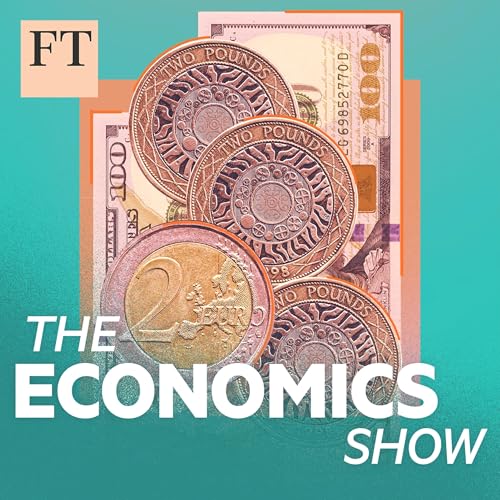
Did globalisation kill neoliberalism? With Branko Milanović
Failed to add items
Add to basket failed.
Add to Wish List failed.
Remove from Wish List failed.
Follow podcast failed
Unfollow podcast failed
-
Narrated by:
-
By:
About this listen
Thirty-five years ago, the global economy could be neatly divided into market economies, socialist economies and poorer non-aligned countries. Today, that picture is rather more complicated. Western-style neoliberalism – expected to become the dominant economic system after the end of the cold war – is in retreat; socialism is no more; China has emerged as a global superpower; and formerly-poor countries in the global south are rising rapidly – all while neoliberalism itself becomes, well… less liberal. If neoliberalism is on the way out, what will replace it? And what does the rise of Asia mean for western consumers who find their spending power dwindling? The FT’s European economics commentator, Martin Sandbu, speaks to Branko Milanović, senior scholar at the Stone Center on Socio-Economic Inequality at the City University of New York, and a visiting professor at the International Inequalities Institute at the LSE.
Further Reading
Globalisation: Where on the elephant are you? (BBC)
Branko Milanovic: ‘The forces of self-interest and technology cannot be undone’
The economic losers are in revolt against the elites
Martin Sandbu is the Financial Times's European economics commentator. You can find his articles here: https://www.ft.com/martin-sandbu
Subscribe to The Economics Show on Apple, Spotify, Pocket Casts or wherever you listen.
To sign up for free to the new FT Alphaville newsletter on substack, go to ftav.substack.com
Presented by Martin Sandbu. Produced by Mischa Frankl-Duval and Lulu Smyth. Manuela Saragosa is the executive producer. Original music and sound design by Breen Turner.
Read a transcript of this episode on FT.com
Hosted on Acast. See acast.com/privacy for more information.



